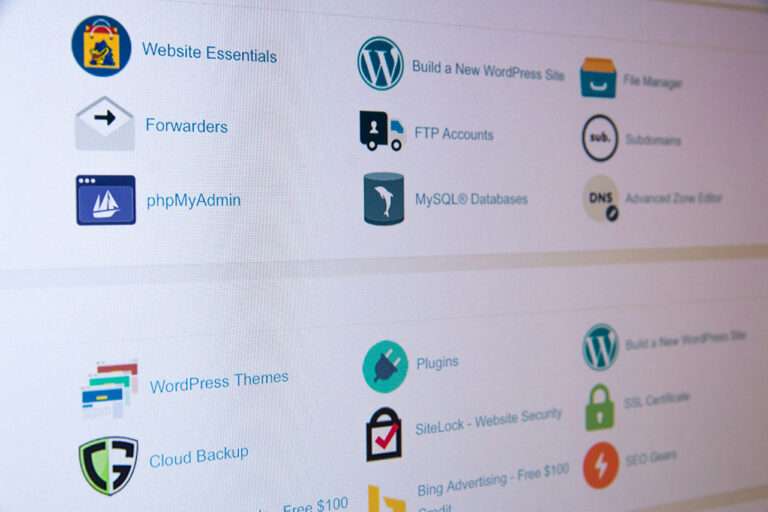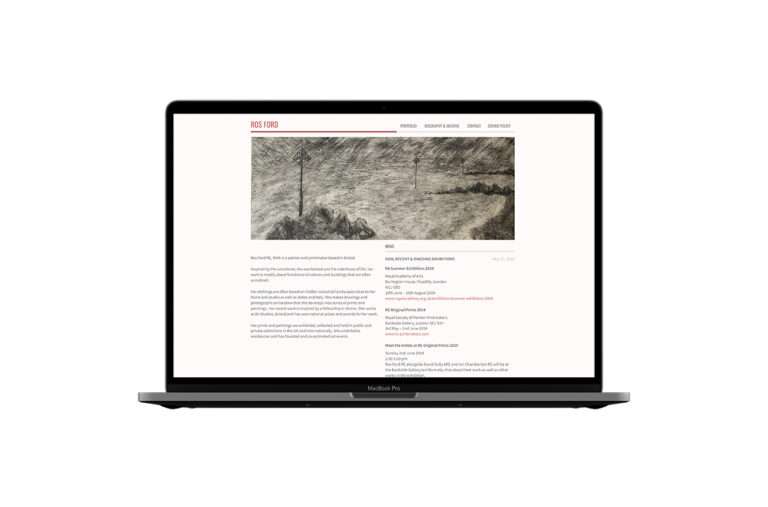Sir Tim Berners-Lee, the man who invented the World Wide Web in 1989, wrote in a blog post about his plans to “reinvent the internet” and give the consumer the control over their own data. Currently, businesses are busy using our data, likes, search history to sell and advertise. Unlike his vision, it is more to the agenda of the digital giants rather than in the best interest of the user.
So what could the future of the internet look like?
“The Web as I envisaged it, we have not seen it yet. The future is still so much bigger than the past.”
Sir Tim Berners-Lee, “One Small Step for the Web“
The father of the web has been developing an open-source project called Solid, a decentralised system where you decide where you can store your data. It is an open-source platform and framework for application development.
How does it work?
There isn’t anywhere to signup, so instead, you go to www.solid.inrupt.com and register an identity. Next, you will get a POD on a Solid server, which is anywhere in the world. There is even the option to create your own server. There are currently two providers for Solid POD’s: Inrupt and Solid Community.
The main premise of this is that “you give people and your apps permission to read or write to parts of your Solid POD”. Simply put, if you want to start using an app, you would not need to upload any data to it – the application would take the information from your POD with your permission.
Will this benefit me as a user?
It can be scary how much data Facebook and Google has about us.
“GOOG [Google] is not anymore an internet company, it’s the knowledge internet company. FB [Facebook] is not an internet company, it’s the social internet company.”
André Staltz, “The Web Began Dying in 2014, Here’s How“
In 2017, Facebook and Google had nearly three-quarters of influence of internet traffic. This monopolisation means that many are saying that the end of the free and open-web is imminent. Sir Tim BL’s plan to give the Web back to the people is because of his two values: data openness and a greater respect for personal privacy online.
A lot of people like to coin the phrase “privacy is dead”, but Tim BL disagrees. To simply put it, “I would like control of my data. I own it: you don’t.”
How will this operate under GDPR?
Internet of Business looked into this, and under GDPR, the POD concept adopted a number of principles from the legislation. They describe the largest challenge for Solid is the acceptance and mass adoption of the program, in comparison with the ease of our current systems.
It will be interesting to see where this concept goes. How well it might be accepted by the public and users of the internet? Will this new venture be more suitable for us than what we are currently using? Or are we too content with using the programs taking all our data?


